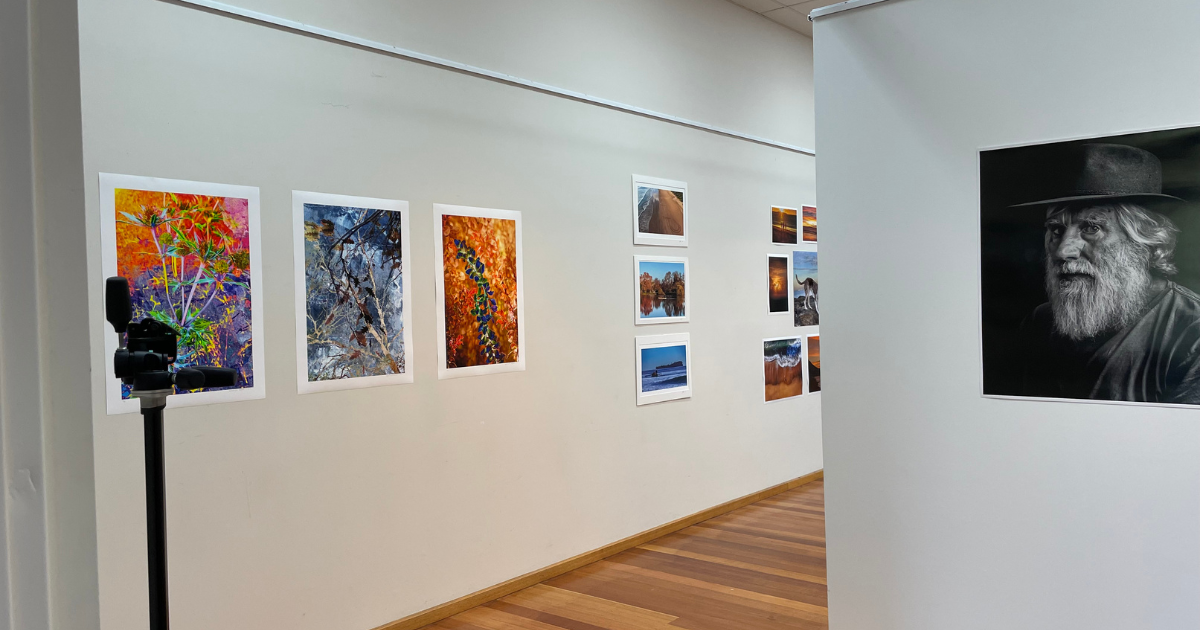“Dob in a Den” campaign targets feral foxes
LAND management authorities are asking Surf Coast residents to help identify fox hideouts and protect native species.
Parks Victoria has launched a “dob in a den” campaign this winter to assist staff remove the predators from Great Otway National Park.
Parks has partnered with Surf Coast Shire, Colac Otway Shire and the Great Ocean Road Coast and Parks Authority through the Otway Ark program to crack down on invasive fox species.
Population control in the national park have forced foxes to find refuge around Otway communities such as Grey River, Kennett River, Wye River, Lorne, Big Hill, Eastern View, Moggs Creek, Fairhaven, Aireys Inlet and Anglesea.
Parks Victoria ranger Claire Miller said identifying dens was crucial to ensure the foxes didn’t return to the park.
“They can be devastating for native species like bandicoots, potoroos and possums.
“Foxes have evolved to hunt and store away food for their snowy European winters. We don’t have these winters in Australia, and so the foxes end up killing more animals than they will ever eat.
“Our wildlife can’t keep up.”

Ms Miller urged locals to keep an eye out for possible dens in their community.
“We’re asking Surf Coast residents to tell us if they see a fox den on public land around their community – look at embankments as you go for a walk. Foxes can also have dens in hollow logs, in thick scrub or under piles of rubble.
“We’ll then be able to work with our program partners to organise den closure to prevent another season of offspring moving into our National Park.
“If you can Dob in a Den you’ll be doing your bit to protect the National Park and the many rare and threatened species that make it so special.”
Locals can dob in a den by contacting the Otway Ark team by emailing [email protected] and preferably include photos and information about location, such as a screenshot of a digital map.
Parks has also discouraged disturbance of expected dens to ensure the burrow can be properly investigated to ensure it doesn’t belong to a native species or frighten a fox to a different area.


















